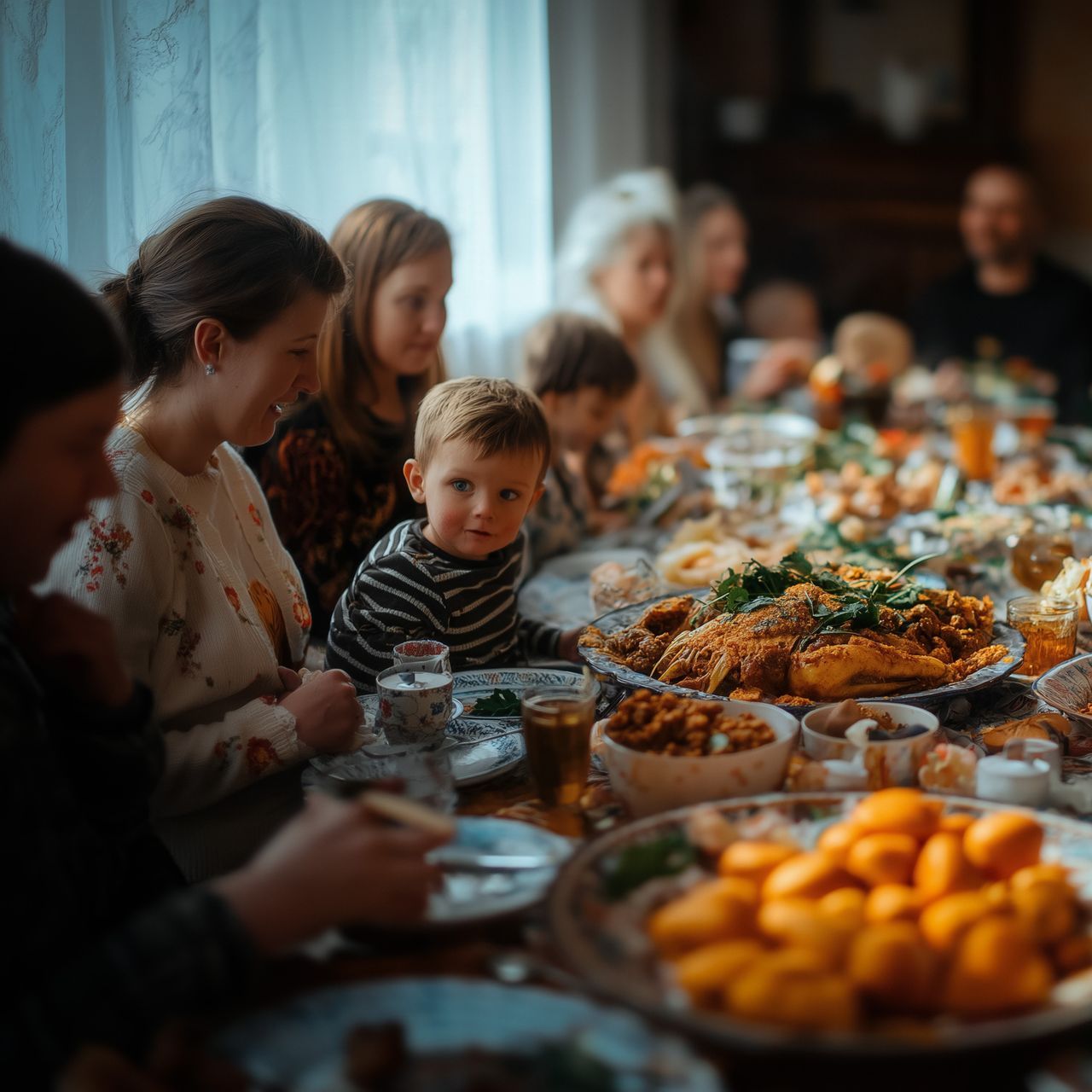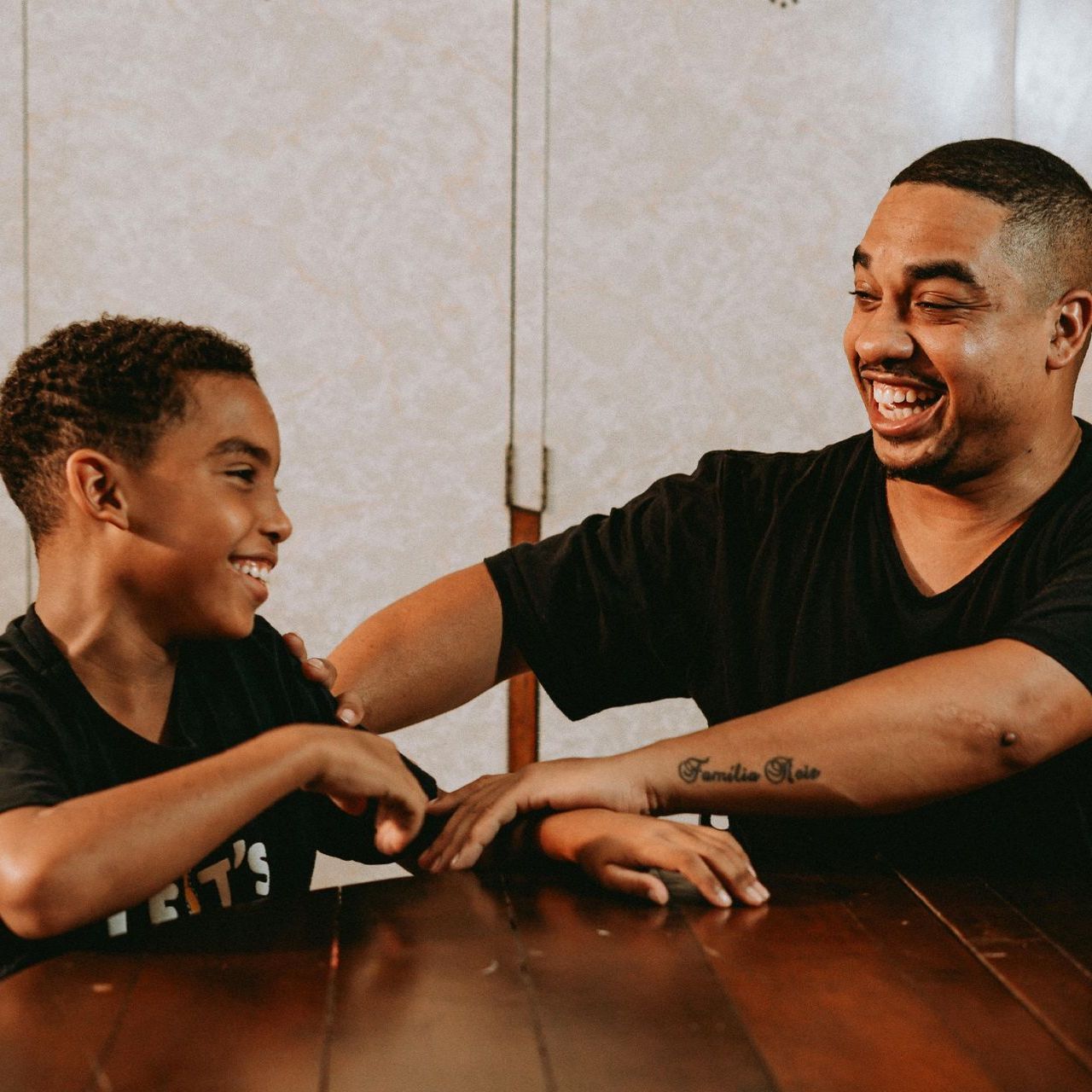Is My Child Old Enough to Leave Home Alone?
November 4, 2019

Emergency errands, doctor's appointments, work shifts... these may be reasons to leave your child home alone. After all, they may not feel like running to the grocery store or sitting in a waiting room, or you may have overtime that causes you to get home an hour after school dismisses.
You would not leave a toddler or preschooler home alone, but what about your older children? Before you leave your child home alone, or call the babysitter, here are several things to consider.
State Laws
The first thing you want to do is look into the laws within your state. You may feel your child is mature enough to stay home alone, but they may be prohibited to do so by the state. There are three states that have a minimum age for leaving a child home alone, and that is 8 years old is Maryland, 10 years old in Oregon and 14 years old in Illinois.
Maturity Level
Your child's maturity is going to play a huge role in your decision to leave them home alone. The decision should not be based on age alone because every child is different. A child who is staying home alone should be responsible, follow the rules and make good decisions. They should also be mentally and physically able to take care of themselves. You also want to make sure your child feels comfortable staying home alone.
Good Behavior
As stated in the above section, your child should be responsible and follow the rules before staying home alone. For example, a responsible child is not going to touch the stove while you are gone. They listen carefully to the rules given to them, such as locking up and staying inside the house, and they make sure to follow those rules.
They Are Prepared
It never hurts to conduct an “interview” with your child to ensure they are prepared to stay home alone. Your child should know their full name, address and phone number, as well as your full name, emergency numbers and neighbors to contact. If your child is unprepared, walk them through the steps, and do not leave them home alone until they are prepared.
Safety Rules
A child who is ready to stay home alone should know basic safety rules, such as not opening the door to strangers, and telling callers or visitors that you are busy rather than not home. They should know what appliances to leave alone, and how to respond if there is a fire. This way, you have an idea of how your child handles an unfamiliar or emergency situation.
It never hurts to go through a few trial runs, and be sure to inform a loved one and trusted neighbor when your child is going to be home alone. If they are going to be home alone often, consider a mobile phone for emergencies only.
Remember, the decision to leave your child home alone should be based on your state laws and whether they are ready for this responsibility.

Growing pains are most common in children ages 3–12, especially during periods of rapid growth. While the exact cause isn’t fully understood, many doctors believe they are related to increased physical activity and the stretching of muscles and tendons during growth spurts, not growth of bones themselves.

Thanksgiving is a cherished tradition, an opportunity to gather with family and friends to celebrate gratitude for the many blessings in our lives. Whether you're traveling to visit relatives or hosting a festive dinner at home, preparing for Thanksgiving can be a joyful yet daunting task, especially for parents.








